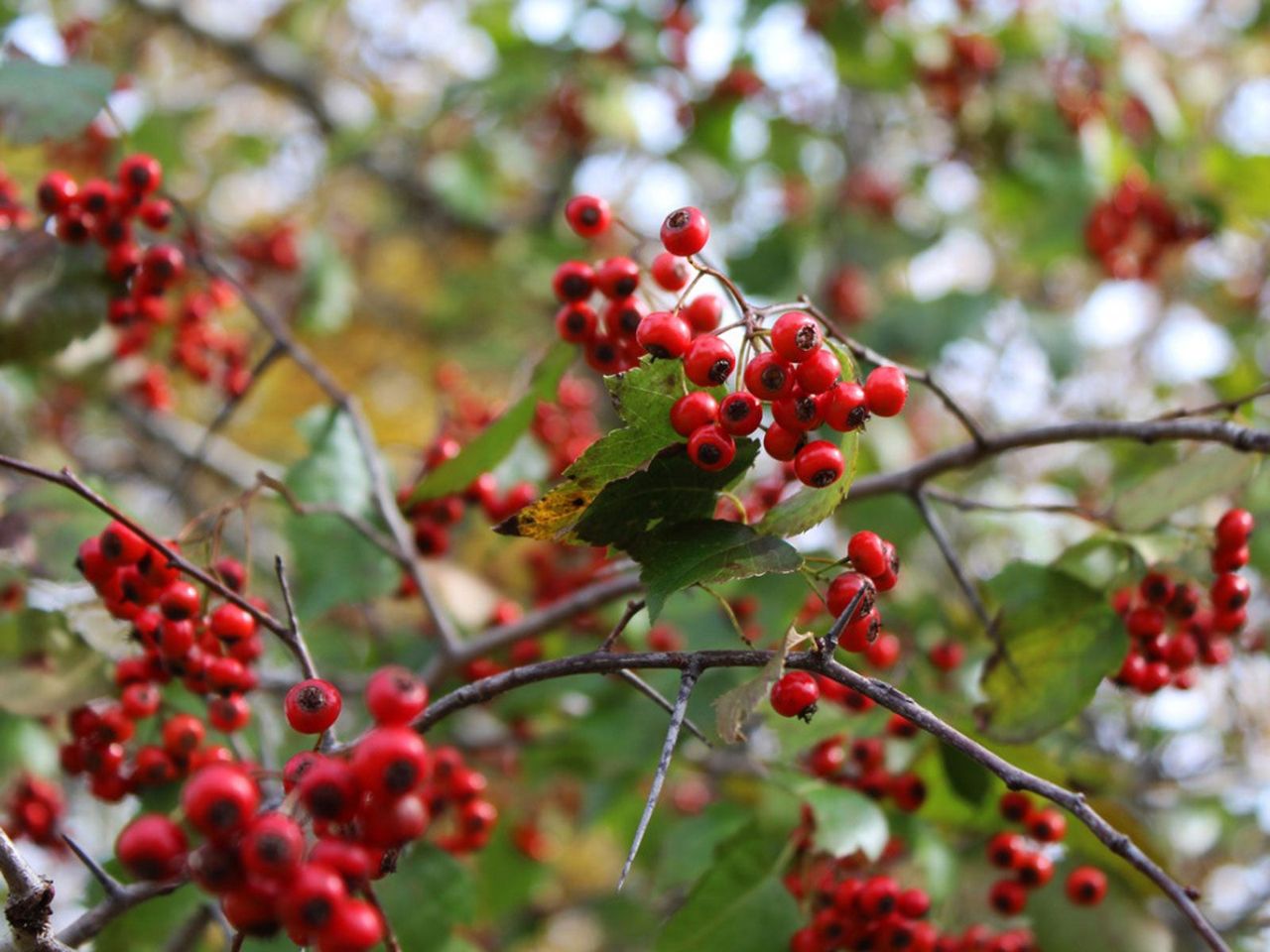East North Central Shrubs: Deciduous Shrubs In Upper Midwest Gardens


Growing deciduous shrubs in upper Midwest regions successfully depends largely on selecting the right species and varieties. With long and bitterly cold winters, hot summers, and fluctuations between wet and dry native species adapted to these conditions are best. There are other, non-native shrubs that will also work in the region.
Deciduous Shrub Growing in Upper Midwest
The states of the eastern and central Midwest include USDA zones that range from 2 in northern Minnesota to 6 in southeast Michigan. Summers are hot everywhere in this region and winters are very cold. Most parts of these states are wet, but summers can get dry.
East North Central shrubs need to be able to withstand these climatic conditions but can also benefit from some very rich soils. In addition to tolerating cold and big temperature differences, deciduous shrubs here must survive snowstorms.
Bush Varieties for East North Central States
There are plenty of options for deciduous shrubs native to the upper and eastern Midwest. These are best suited to the region’s conditions. You may also choose varieties that are not native but from regions of the world with a similar climate. Options include:
- Black chokecherry - For spectacular fall color, consider the black chokecherry variety. It’s good for wet areas of a yard and will help control erosion.
- Common elderberry - A native shrub, common elderberry grows easily in the region and attracts a lot of wildlife with its tasty berries.
- Dogwood - Several varieties of dogwood grow in this region. They have pretty spring flowers but also winter interest from the colored stems of some varieties.
- Forsythia - This is not a native species, but it is now common in the region. Often used as a hedge or in natural areas, forsythia produces a wild spray of bright yellow flowers in early spring.
- Hydrangea - A spectacular flowering shrub all summer and into the fall, hydrangea is non-native but grows easily in most parts of the region.
- Lilac - Common lilac is a native shrub that grows tall and wide and can be used as a hedge. Most gardeners choose it for the pretty, sweet-smelling flowers.
- Ninebark - This is a native shrub that produces spring flowers and needs full sun. Ninebark is hardy all the way to zone 2.
- Serviceberry - Serviceberry is native and will tolerate some shade. Fall color is impressive and the berries are edible on this taller shrub. A variety called running serviceberry grows low and can be used as a hedge.
- Sumac - Several varieties of sumac are native to the area and provide spectacular, deep red fall color in the leaves and fruit. They can tolerate dry soil and are easy to grow.
Gardening tips, videos, info and more delivered right to your inbox!
Sign up for the Gardening Know How newsletter today and receive a free copy of our e-book "How to Grow Delicious Tomatoes".

Mary Ellen Ellis has been gardening for over 20 years. With degrees in Chemistry and Biology, Mary Ellen's specialties are flowers, native plants, and herbs.